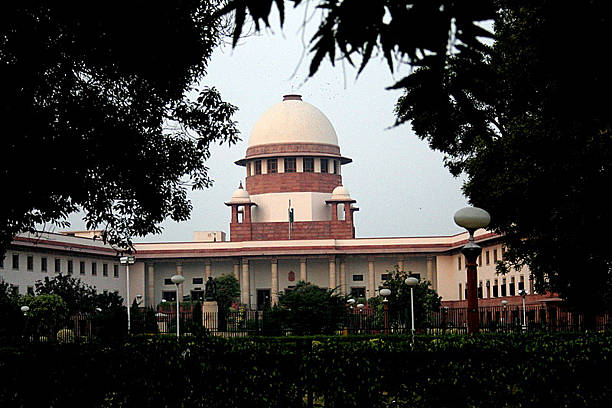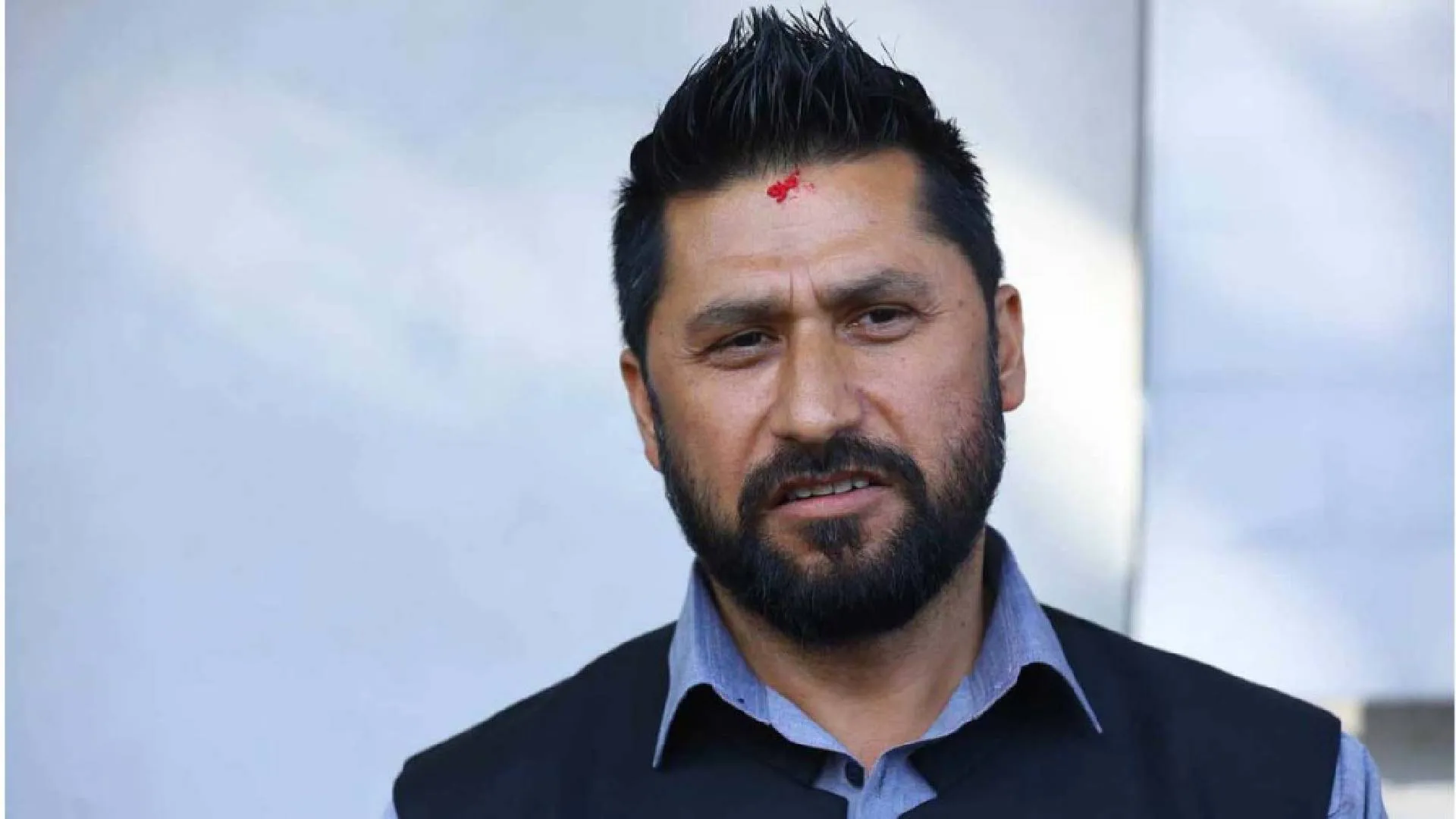The Supreme Court in the case Gopishetty Harikrishna vs. The State of Andhra Pradesh observed and has expressed concern regarding persons who have been granted bail but are not able to fill in the bail bonds or produce surety before the court which results in them for not being able to get out of the prison.
The bench comprising of Justice A. S. Bopanna and Justice S. Ravindra Bhat observed and has stated that this is a regular phenomenon where accused are given bail but the accused is not able to get the local surety or bail bonds. Thus, it will also be appropriate that the district legal service authority should devise some method.
The counsel, Senior Advocate Mahalakshmi Pavani appearing for the petitioner observed and has appraised the court that very few High Courts have filed their reports pursuant to the order dated 09.05.2022 by which all High Courts were to submit reports regarding the bail orders which have not been complied with.
However, the counsel appearing for the High Court of Rajasthan apprised the Court that a report has been filed.
The court directed the other High Courts to file the status report in the meanwhile and has listed the matter after 3 weeks.
In the present case, a plea was heard by the Supreme Court that where a misinterpretation of its order by a trial court judge in Andhra Pradesh resulted in the accused languishing in custody even after court granted the interim bail. However, the accused was granted bail after being in custody for 9 years but the accused had undergone custody for two additional years.
Earlier, it has been mentioned by the Supreme Court on the situation that, the present case portrays very sorry state of affairs. It has also been observed by the Supreme Court that corrective mechanism shall have to be put in place especially where the proceedings were initiated through the legal services authority.

















